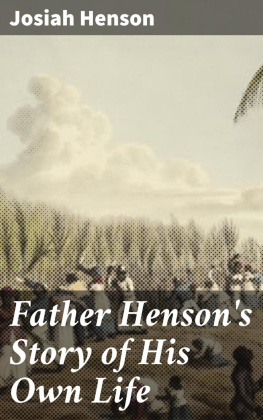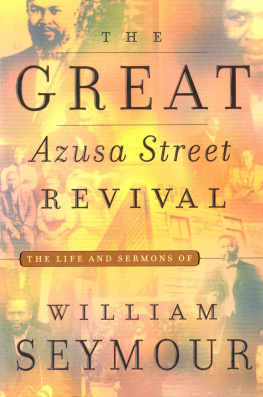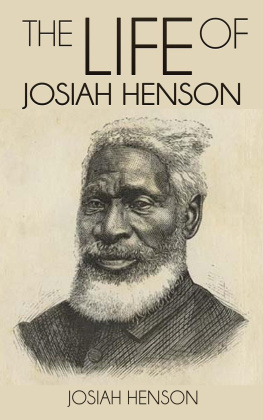CHAPTER XXI - DOUGLAS IN CHICAGO THE OLD UNIVERSITY
AN INTERVAL OF FOUR YEARS
THE four years following the events narrated in the last chapter of the preceding volume were years of intense political excitement. The deep feeling of resentment prevailing throughout the North caused by the enactment of the Fugitive Slave law was not allayed, but settled into a permanent conviction that slavery must be exterminated. Even Lincoln had at last awakened from his conservatism, and had declared that the country could not continue to exist "half slave and half free." Talk of disunion among the Southern statesmen already filled the air, and one of the remembered phrases of Lincoln's "lost speech" was that memorable utterance, "We won't go out of the Union, and you shan't."
Douglas had been the chief instrument in carrying through the bill organizing the territories of Kansas and Nebraska, one clause of which repealed the Missouri Compromise. This was May 30th. 1854. The Missouri Compromise had for thirty-four years been the main reliance of the conservative element in its efforts to quiet the fears of further slavery extension. The repeal had once more brought the slavery question to the fore as the chief issue in the politics of the nation.
In the year 1851 the population of Chicago was nearly sixty-six thousand, having more than doubled in the four years under review. The raising of the grades in the streets, so marked a feature of city improvements in later years, had not yet been attempted. The principal streets were dusty in dry periods and muddy in wet, and were often almost impassable. Ineffectual attempts to better conditions were resorted to by means of planking the streets, but the planking needed constant repair and soon became useless. The city was then reached by a number of railroads, the Galena and Chicago Union and the Chicago and Rock Island from the west, the Chicago and Alton from the southwest, the Michigan Southern and Northern Indiana, and the Michigan Central, from the east. The Illinois Central and the Chicago and Milwaukee railroads were not completed until the following year.
The newspaper press of the city was represented by the Chicago Democrat, John Wentworth's paper, William Bross' paper, the Chicago Democratic Press, the Chicago Journal and the Chicago Tribune. The telegraph had been in use for some years.
THE NORTH MARKET HALL MEETING
In August, 1854, Senator Douglas arrived in Chicago from Washington, and soon after he was asked to address the citizens on the questions of the day. The meeting was to be held at North Market Hall, on the evening of the first of September. William Bross was at this time editor of the Chicago Democratic Press, and though bitterly opposed to Douglas on the question of the extension and perpetuation of slavery, was extremely anxious that the senator should be heard, and an opportunity given him to explain his position. There was a strong tendency among the people of Chicago to break away from his leadership, and the growing anti-slavery element were only too glad to have him among them so that he, as one of the most influential statesmen in the Democratic party, could be made aware in the most direct manner of the sentiments of his constituents, on the burning issues of the time.
Mr. Bross in later years related in detail the particulars of this great meeting, in an article printed in the Chicago Tribune, for August 25th, 1877. "Three or four days before the meeting," wrote Governor Bross, "I called upon him [Douglas] at the Tremont House, and requested him to write out a copy of his speech for me, and I would publish it in full. Though the Press had persistently opposed, and perhaps denounced him bitterly at times, he received me with great courtesy and politeness,... thanked me for my offer, but said he never wrote out his speeches before delivery; he let the reporters write them out, and then corrected them where necessary." It was learned that the Democracy had determined to fill North Market Hall at an early hour with their partisans, "thus preventing other people from gaining admittance, pass resolutions strongly endorsing the repeal of the Missouri Compromise and Senator Douglas, and have that go out as the opinion of the people of Chicago."
MR. BROSS UNDERTAKES TO REPORT DOUGLAS' SPEECH
"The substantial and order-loving people were urged to turn out early," said Governor Bross in the article referred to, "and thus defeat the schemes of the political tricksters. The meeting was held in the open air on account of the hot weather, and there was an immense gathering of people, perhaps the largest up to that evening ever held in the city. We then had no shorthand reporters here, and unwilling to trust any one else, I went there myself to report it. I was at once invited upon the stage, perhaps by Mayor Milliken, who presided, and, receiving a pleasant greeting from Senator Douglas, I sat down and composed myself for the work before me.
"The very first sentence he uttered was considered an insult to the people and the press of the city. He charged them with not understanding so plain a proposition as the repeal of the Missouri Compromise, and the press with persistently misrepresenting and maligning him. The statement was received with groans and hisses, and for perhaps two or three minutes nothing else could be heard. When comparative quiet was restored, he spoke for perhaps eight or ten minutes, and then the laughing and hooting were repeated. This thoroughly enraged the senator, and his language and manner became exceedingly offensive.
"Finding no use for my pencil during the uproar, I slipped down from the stage and circulated among the people, to see in what temper they were. This I did several times, and always found them happy and in the best possible humor. Never before or since have I seen a larger proportion of our solid, substantial, leading citizens at a public meeting. I knew as well as I could know without being told it, there were more than a thousand revolvers in the crowd. All would laughingly tell me, 'Bross, we shall have no mob.' And yet. I feared it, for had some Democrat told one of our respectable citizens he lied, he would have instantly been knocked down; and when once a fuss began the pistols would have done their work fearfully. I knew that the human mind is so constituted that the change from the best of humor to the most intense anger requires but an instant.
TROUBLE ARISES BETWEEN DOUGLAS AND BROSS
"Little did I suppose that I was so soon to illustrate this principle myself, for on returning from one of my short visits through the crowd, and while the hooting and yelling were loud and long, Judge Douglas turned round, and paused for a moment. Knowing he could not and would not be heard, with the best of motives and the politest and most pleasant language I could command, I said, 'Judge, would it not be best to print your speech? You cannot be heard; allow me to suggest that you retire.' With all the force and power he could command, he said: 'Mr. Bross. you see that your efforts in the Democratic Press to get up an armed mob to put me down have been entirely successful.' In an instant, I sprang to my feet and with very emphatic gestures, said, 'Judge Douglas, that's false every word of it false, sir!' 'It will do very well,' he replied, for you. with your armed mob about you. to make an assertion like that.' 'It's false, sir not a word of truth in it,' I replied; and, a little quiet being restored, he turned to address the people.









